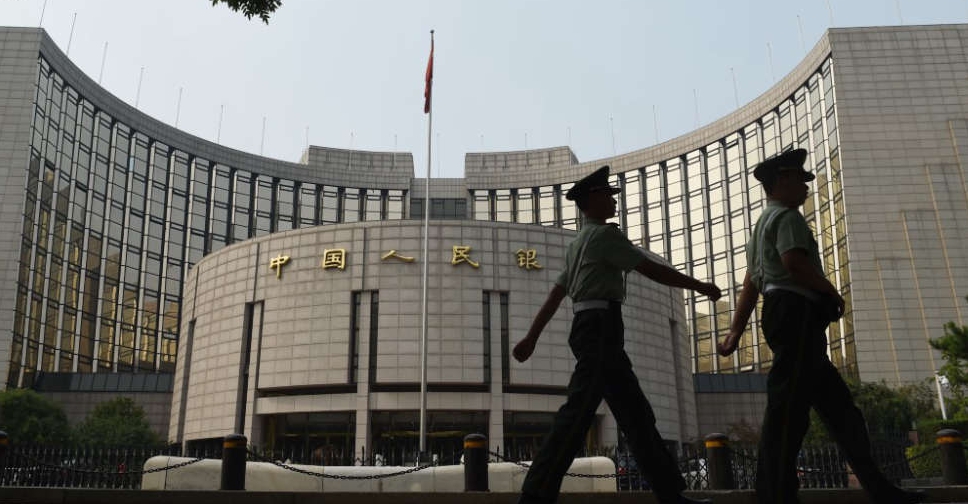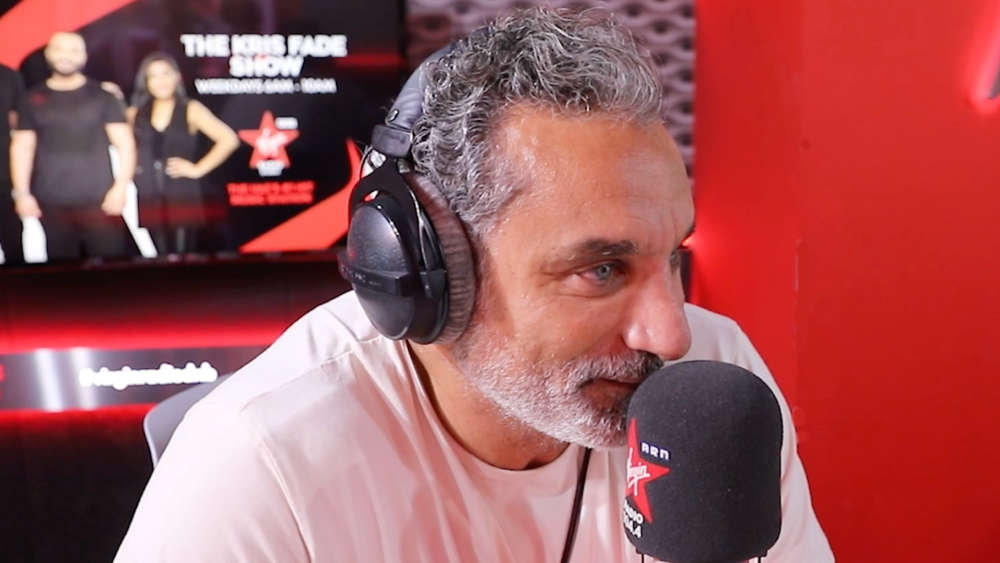
China will step up financial support for industries, firms and people affected by COVID-19 outbreaks, the central bank said on Monday, as part of steps to cushion economic slowdown.
Authorities will guide financial institutions to expand lending and surrender profits to the real economy, the People's Bank of China (PBOC) said in a statement on its website.
Financial institutions should flexibly support COVID-affected individuals by reasonably delaying loan repayments and overdue loans may not be recorded. They should appropriately buy local government bonds to support infrastructure investment, the central bank said.
China's economy slowed in March as consumption, real estate and exports were hit hard, taking the shine off faster-than-expected first-quarter growth numbers and worsening an outlook already weakened by COVID-19 curbs and the Ukraine war.
China will reasonably set minimum down payments and interest rates on commercial housing loans, and meet reasonable financing needs of property developers and construction firms, to help stabilise the real estate market, the PBOC said.
Financial institutions should actively meet financing needs of transportation and logistics firms and truck drivers, as part of steps to support logistics and supply chains, it added.
By mid-April, the PBOC had paid 600 billion yuan ($94.31 billion) in profits to the central government - equivalent to a 25-basis points cut in banks' reserve requirement ratios (RRR), the central bank said, adding that it is on track to pay more than 1.1 trillion yuan in profits this year.
China's central bank said in March it will pay more than 1 trillion yuan in profit to the central government this year.
On Friday, the PBOC announced it would cut the RRR - the amount of cash that banks must hold as reserves - for the first time this year to support the slowing economy.
China will also make it easier for companies to raise foreign debt, help firms to improve the use of cross-border yuan settlements and currency hedging, the central bank added.




 Nasdaq set to confirm bear market as Trump tariffs trigger recession fears
Nasdaq set to confirm bear market as Trump tariffs trigger recession fears
 Dana Gas and Crescent Petroleum exceed 500M boe in Khor Mor field
Dana Gas and Crescent Petroleum exceed 500M boe in Khor Mor field
 China to impose tariffs of 34% on all US goods
China to impose tariffs of 34% on all US goods
 Shares bruised, dollar crumbles as Trump tariffs stir recession fears
Shares bruised, dollar crumbles as Trump tariffs stir recession fears




